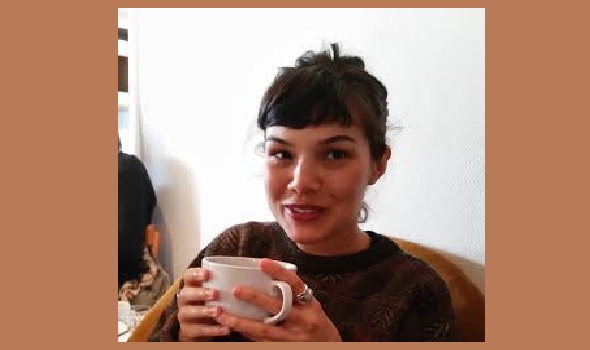Victimhood and the politics of representation
Victimhood and the politics of representation

I shared a car journey recently with a few young people from Calais to Dover who had just finished two weeks of volunteer work in the Calais Jungle. I was struck by their electricity; each one seeming to have enough energy to push the ferry across the Channel themselves. One of the young women, Anita, spoke with me at length about her time in the camp. She told me about a young Afghan man she met there around her age who would pull pranks on her in the evenings, and about a few delicious dinners she ate with an Eritrean group in her first week. She told me about the time a man screamed angrily into her face telling a story that she couldn't understand, a Syrian man showing pictures of his baby to her on his iPhone whose birth he had just missed, and the odd moment when a French man drove by the camp and stopped in for a coffee, believing it was just a pop-up cafe. By the end of our trip, I believe Anita understood why she was feeling so overwhelmed: she had just spent two weeks immersed in a diverse community, whose response to suffering was as complex and dynamic as her own. And for some reason she hadn’t been expecting their resilience, and neither had I.
The public representation of refugees by the West has often been a simple one, but recently it’s become particularly narrow. By reducing the state of refugees simply to that of “victim”, we are disempowering them and ultimately harming any chance of change in our understanding and acceptance.
Now, this is not to contradict the images and testimonials we are receiving from around Europe--these people have and are suffering. And truly, to omit this inherent characteristic of a displaced person would be seriously deficient; the pain we saw in that photograph of the Syrian father kneeling over his sons' graves is grievously true. But what is as equally essential is the observation and articulation of these refugees' individuality and personal dynamism in the face of suffering.
As my interests lie primarily in theatre and performance, I turned to the writings of Canadian dramatist Julie Salverson in an attempt to understand our preoccupation with bearing witness to the suffering of others. Salverson writes at length on a tendency she has witnessed in Western audiences, when trying to depict the trauma of communities outside of their own, to reduce that trauma to an uncomplicated presentation of suffering. Together the practitioners construct and their audience digests an inaccurate representation of trauma, resulting in an exoticised and deliberately tragic 'other'.
By representing refugees exclusively through their suffering, I believe that we are limiting their stories and fracturing our point of connection. And it is just this point of connection that is crucial for both parties to gain access to each other’s sympathies. It is essential then to facilitate space for the voices of refugees and migrants to represent themselves, as much as it is vital for refugees and migrants to claim their voices in that space.
The performance project on which I'm currently working, Playing Identities, Performing Heritage, intends to negotiate a space of connection between these parties here in Kent. By mobilising local communities and engaging with the many migrant and refugee voices present in the area, we hope to encourage a dialogue that will dismantle misrepresentations, and result in a more truthful understanding of each other. To represent another's trauma is 'other-ing'; to hear an individual speak of their own negotiation with trauma within the complex terrain of their personal capacity for courage, weakness, humor, and despair--is not.
I was struck by the contrast of Anita’s vibrant anecdotes of people in the camp, against the homogenous imagery depicted in the media of refugees. While one inspired me to go myself to the camp and volunteer, the other makes me shrink back in guilt. As both a Westerner and a migrant myself, I do not believe that my responsibility is simply to bear witness to the suffering and trauma of refugees. I believe it is more so my duty to create space for their voices, and facilitate the uniquely human pleasure of encountering another person in the touching of worlds.
Lucy Rose Coren is a post-graduate at the University of Kent studying Dramaturgy and European Theatre. She is currently working as Mobilizer and documentation facilitator for the performance project Playing Identities, Performing Heritage.
Find out more about Playing Identities, Performing Heritage through its Facebook page: https://www.facebook.com/groups/883750601678610/?fref=ts


